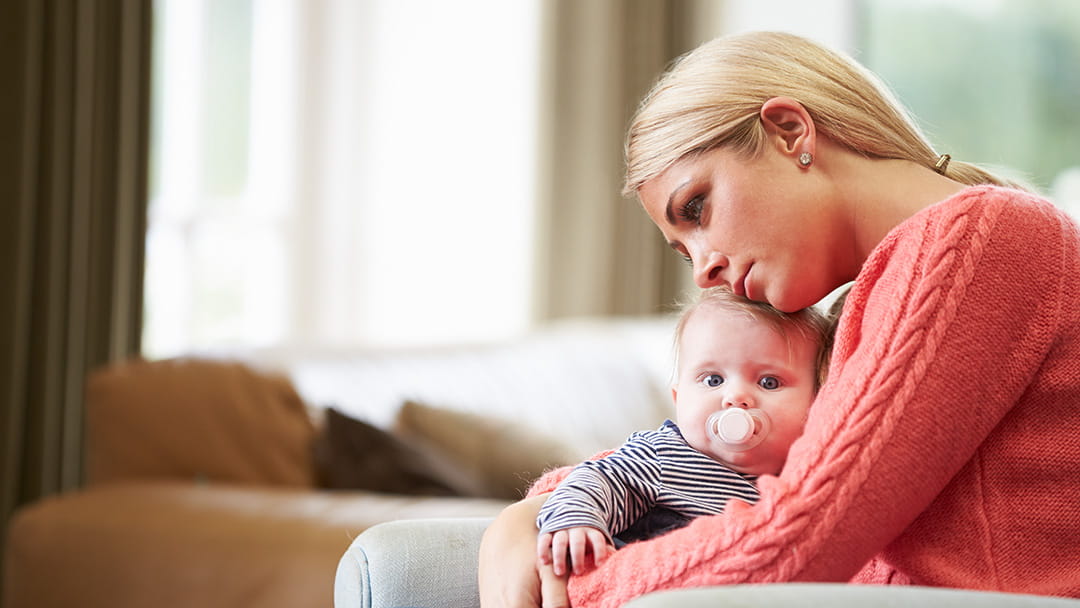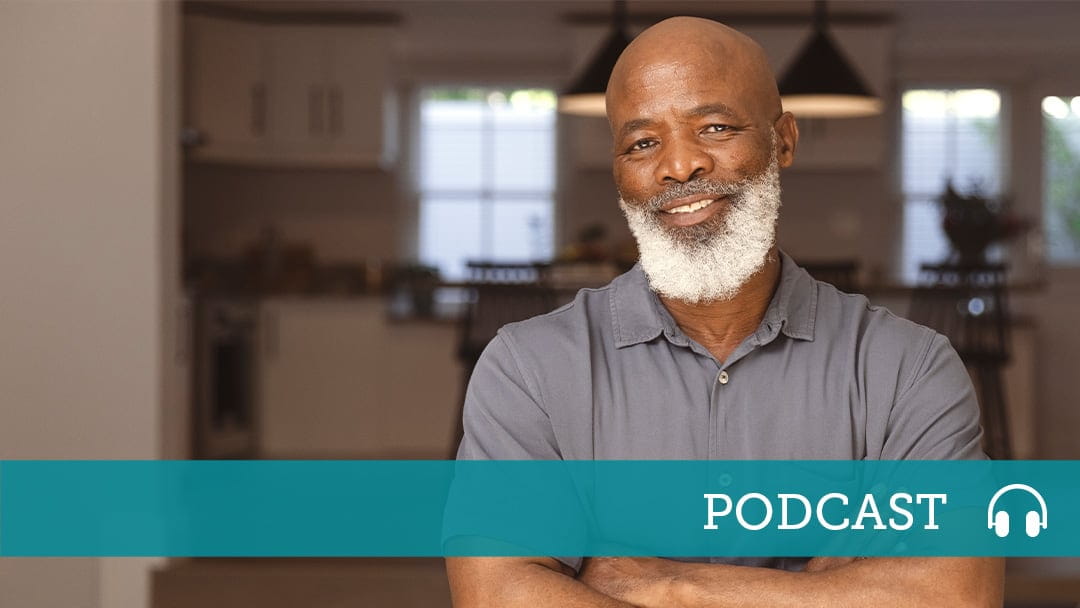
The beginning of a brand new child is often a time of pleasure and happiness. However additionally it is a time of nice change – which might evoke a wide range of different feelings, together with fear and nervousness.
It’s regular to fret about your new child; in spite of everything, caring for a tiny, new human is a giant duty and also you wish to do all the things in your energy to maintain your child protected. However when these worries begin to occupy each waking second and even hold you up at night time, it could be an indication of a extra severe nervousness dysfunction.
Indicators and Signs of Postpartum Anxiousness
Postpartum nervousness is nervousness that’s skilled within the first 12 months after giving beginning. It may well embrace a wide range of completely different signs, together with pervasive worrying ideas which are intrusive, explains College Hospitals psychologist and girls’s behavioral well being knowledgeable Erika Kelley, PhD.
Usually, the nervousness and fear facilities across the well being and security of your child, resembling intrusive “what if” ideas about harming your self or the infant. These ideas are sometimes “catastrophic” – which means they are usually about imagining the worst-case situation (i.e., one thing horrible occurring to your child). These sorts of ideas are quite common and reflective of how overwhelming the duty of caring for a fragile toddler can really feel, Dr. Kelley says.
“A number of ladies expertise scary ideas within the postpartum interval. However when these ideas develop into intrusive and preoccupying, you’ll be able to’t get them out of your thoughts otherwise you discover that they begin to have an effect on your conduct,” says Dr. Kelley.
Along with worrying ideas, bodily signs usually accompany postpartum nervousness, says Dr. Kelley. These embrace feeling stressed, anxious, on edge, elevated coronary heart charge and shortness of breath.
What Causes Postpartum Anxiousness?
There are a selection of things that will set off postpartum nervousness. These can embrace hormonal modifications, together with a major drop in estrogen and progesterone through the postpartum interval. A household or private historical past of hysteria issues can even put you at the next danger of growing postpartum nervousness. Environmental stressors may also contribute to nervousness episodes through the postpartum interval – and don’t overlook sleep deprivation.
Postpartum Anxiousness vs. Postpartum Melancholy
You may have seemingly heard of postpartum despair; it’s the most typical postpartum psychological well being dysfunction, affecting about one in seven new mothers. There may be some overlap in signs between postpartum despair and nervousness, together with problem sleeping and irritability. Whereas ladies with postpartum despair could expertise nervousness as nicely, not all ladies with postpartum nervousness expertise despair.
Each circumstances will be distinguished from the “child blues”, when altering hormone ranges could make you’re feeling unhappy and overwhelmed, or tearful and emotional with out essentially feeling unhappy. Child blues signs are usually delicate and disappear after a few weeks, whereas postpartum nervousness and despair are extra pervasive and chronic.
Dr. Kelley says it’s vital to debate all of your signs along with your healthcare skilled to get the right analysis, as it will decide which forms of remedy will likely be handiest.
Remedy for Postpartum Anxiousness
The excellent news is that there are a selection of remedies which are accessible to deal with postpartum nervousness. Dr. Kelley recommends looking for assist and help on the first indicators of postpartum nervousness. With correct remedy, most ladies will get better from their nervousness episode after the postpartum interval.
As a result of there are a selection of hysteria varieties, it is very important focus on the particular signs you might be experiencing along with your healthcare skilled. For instance, you may be experiencing obsessive ideas, uncontrollable fear ideas, otherwise you may be experiencing panic assaults or feeling bodily anxious on a regular basis.
Remedies embrace:
Psychotherapy. Cognitive behavioral remedy will concentrate on figuring out these detrimental, distressing or scary ideas and serving to you to retrain your considering to be extra reasonable and concentrate on the current second along with your child. Moreover, cognitive conduct remedy usually consists of leisure coaching. It will assist cut back the bodily rigidity and psychological arousal that’s occurring in your physique. The aim is that can assist you really feel extra in management and to regain management of the muscle rigidity in your physique and to really feel calmer as a father or mother.
Medicine. Drugs usually embrace antidepressants resembling serotonin reuptake inhibitors (SSRIs), which may help enhance the neurochemical serotonin in your mind, which is vital for decreasing depressed temper. Typically, benzodiazepines could also be given within the brief time period if a brand new mom is extraordinarily anxious.
Though you should still breastfeed whereas on some antidepressants, it is very important be aware your breastfeeding standing when contemplating any remedy and just remember to are speaking along with your healthcare skilled about attainable negative effects on breastfed infants.
Ideas for Managing Anxiousness Signs
Another methods to handle the signs of postpartum nervousness embrace:
- Prioritizing sleep – this will likely contain sleeping in shifts or permitting your accomplice (or different household/assist particular person) to take over a number of in a single day feedings
- Getting extra bodily exercise (if medically cleared to take action) – train resembling yoga will be a superb anti-anxiety and leisure approach
- Reaching out for assist – Don’t be afraid to ask for assist out of your assist system when issues develop into overwhelming. Even one thing so simple as offering a meal or throwing in a load of laundry may help ease the burden.
- Deal with only one or two trusted sources of data – Dr. Kelley says counting on data out of your pediatrician or a favourite parenting guide is extra useful and fewer prone to set off nervousness than taking place a Google rabbit gap when looking for recommendation.







